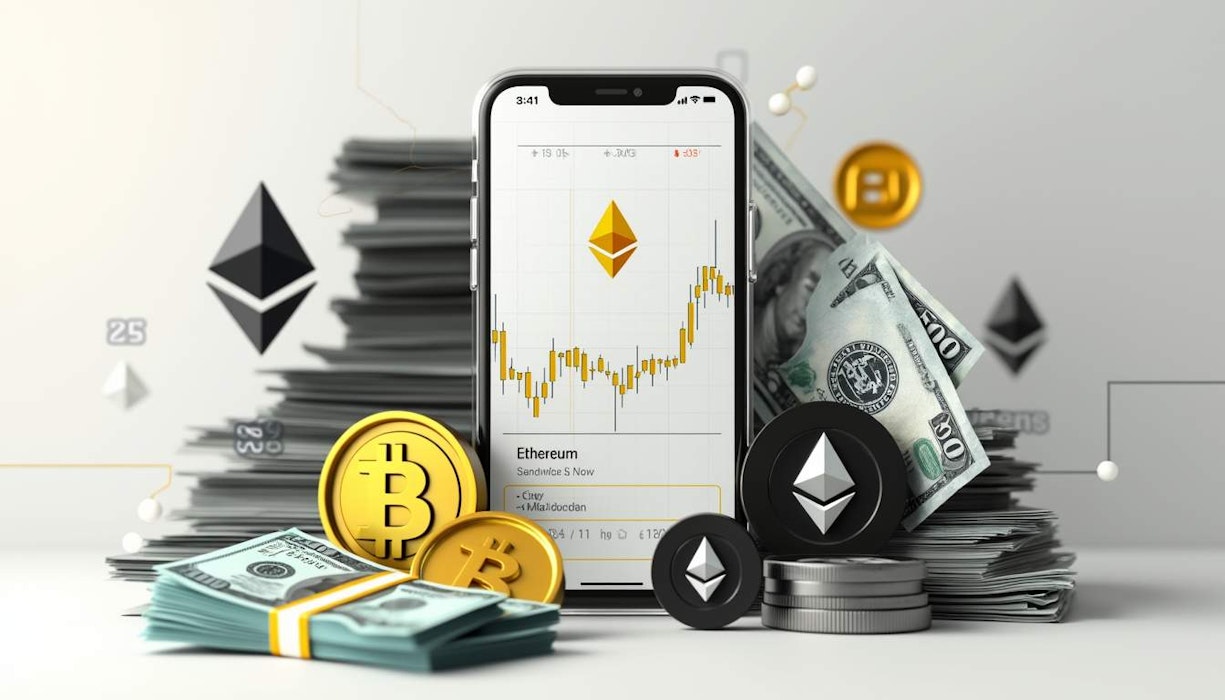What Are Sandwich Attacks?
Q: Could you explain the concept of sandwich attacks in simple terms?
A: Sandwich attacks are a tricky form of manipulation in the cryptocurrency market. They happen when someone—or a group—spots a pending trade and then places orders right before and after that trade. The concept is simple: the attacker buys a token just before the real buyer does and then turns around to sell it to the victim at a higher price, thus profiting off the victim's trade.
What Do These Attacks Mean for Crypto Exchanges?
Q: How do sandwich attacks affect the standing of crypto exchanges?
A: The reputation of crypto exchanges is on the line with sandwich attacks. When these attacks take place, they can lead to distrust in decentralized exchanges (DEXs) as traders realize the market can be manipulated. Financial losses come into play for those who fall victim, and that can erode the confidence in the system as a whole.
Q: What does this mean for traders in monetary terms?
A: For the victim, the impact isn't just a matter of pride. There are real financial consequences: they pay more for the token than they expected, due to price inflation caused by the attack. To avoid falling victim to these attacks, they may have to pay more than they might otherwise, which ultimately raises the costs of trading.
What Solutions Are There for Sandwich Attacks?
Q: So, are there measures in place to combat the sandwich attack problem?
A: Yes, there are steps being taken. Various tools and protocols are being rolled out to beef up security against sandwich attacks and similar techniques.
Q: What are the specific technical solutions?
A: Here are some of the solutions:
- MEV Blockers: These tools aim to stop MEV attempts, including sandwich attacks.
- Transparent Auction Systems: Systems that allow users to submit transactions direct to producers reduce the chances of being front-ran.
- Privacy-Enhancing Technologies: These can conceal transaction data to reduce exposure to MEV actors.
- MEV-Protective Smart Contracts: These ensure trades go through as intended without malicious actors.
- Transaction Batching and Private Transactions: These reduce visibility to potential attackers.
- Community Governance: Actions from the community, like Flashbots and Cow Protocol, promote fairness and stability.
Are DEXs More Vulnerable Than CEXs?
Q: Are decentralized exchanges more exposed to these sandwich attacks due to their transparency?
A: Surprisingly, the transparent nature of DEXs isn't necessarily a disadvantage. In fact, they have certain advantages over centralized exchanges (CEXs):
- Decentralization: There isn't a single point of failure, lessening vulnerability to large-scale hack attacks.
- Non-Custodial Nature: Users hold their own keys, reducing risks of theft compared to CEXs.
- Transparency: The very openness can, at times, be a deterrent for malicious actors as the code is open for scrutiny.
What Can Small Businesses Do to Combat These Risks?
Q: For small businesses in Latin America, what practical steps can they take against these risks?
A: They can take many approaches to protect themselves:
- Regulated Issuers: Use stablecoins from issuers who meet good regulatory standards and can provide audits or reserve info.
- Third-Party Risk Mitigation Services: Engage third-party services that help manage operational and cyber risks, among other things.
- High-Quality Reserves: Choose stablecoins fully backed by high-quality liquid assets.
- Advanced Compliance Tools: Implement tools like Elliptic's, which provide advanced screening and risk mitigation services.
- Cross-Border Payment Solutions: Use stablecoin-based solutions from fintech companies to avoid direct exposure to risks.
Each of these measures can help maintain operational integrity and reduce risks associated with sandwich attacks as well as other concerns.
